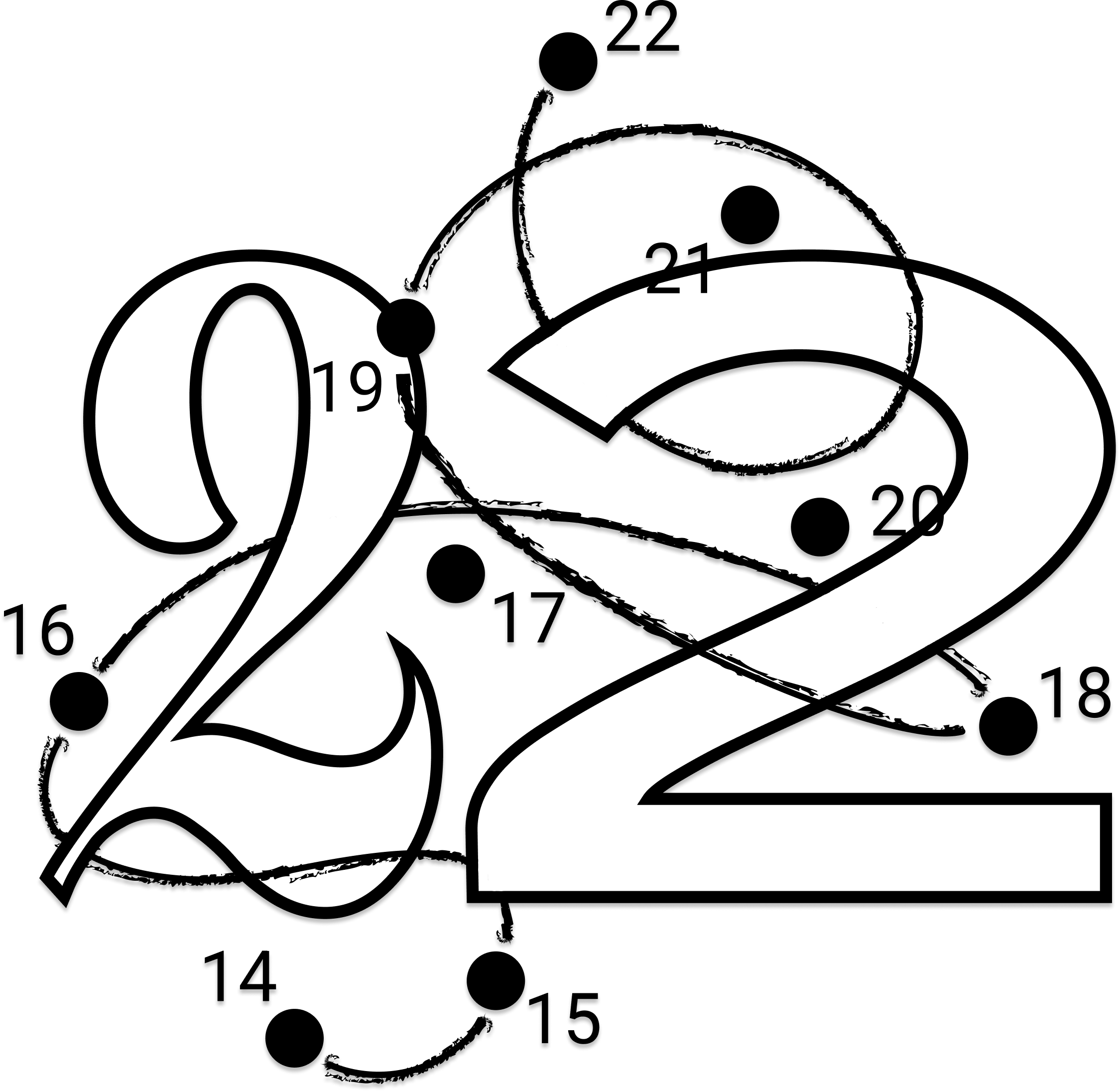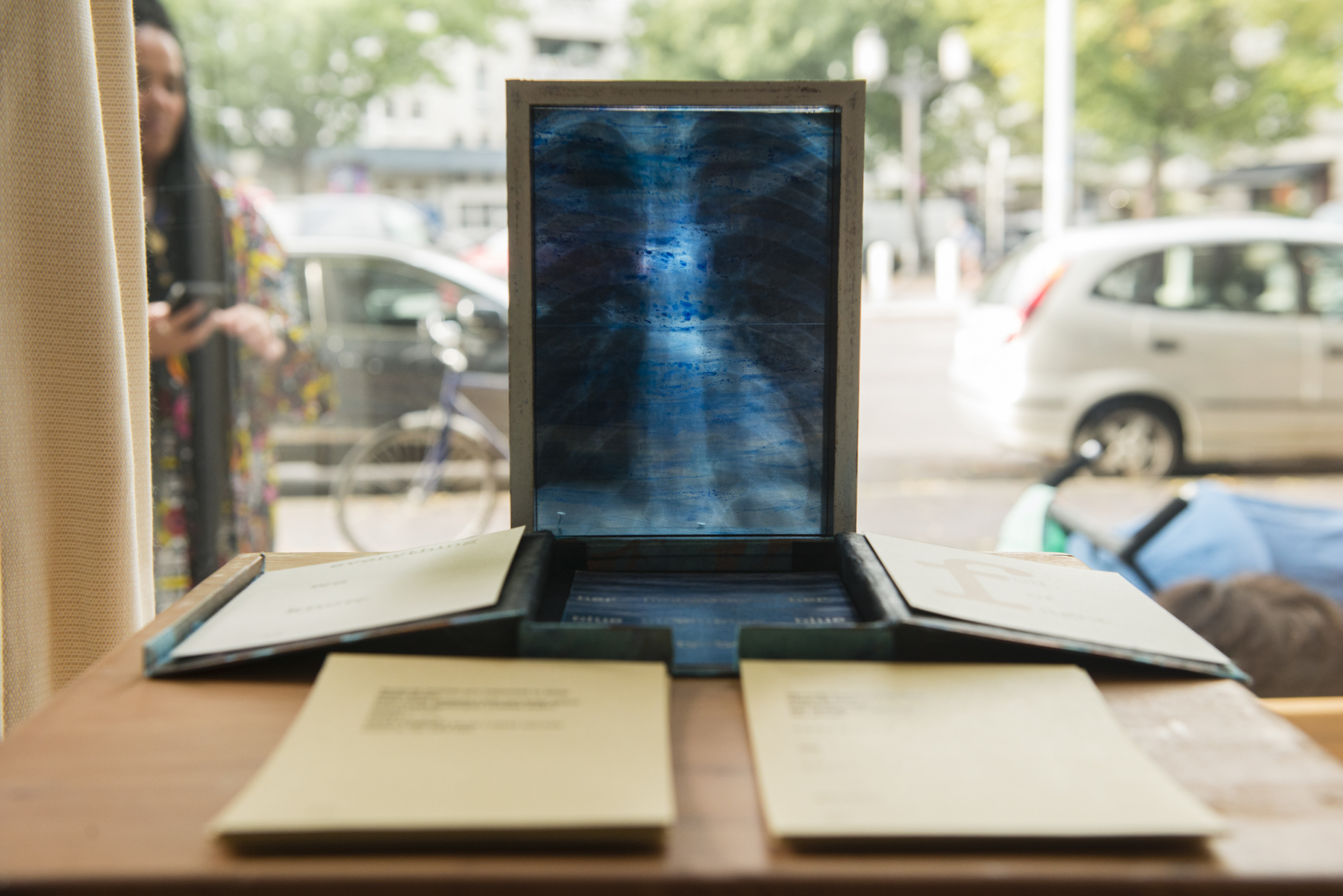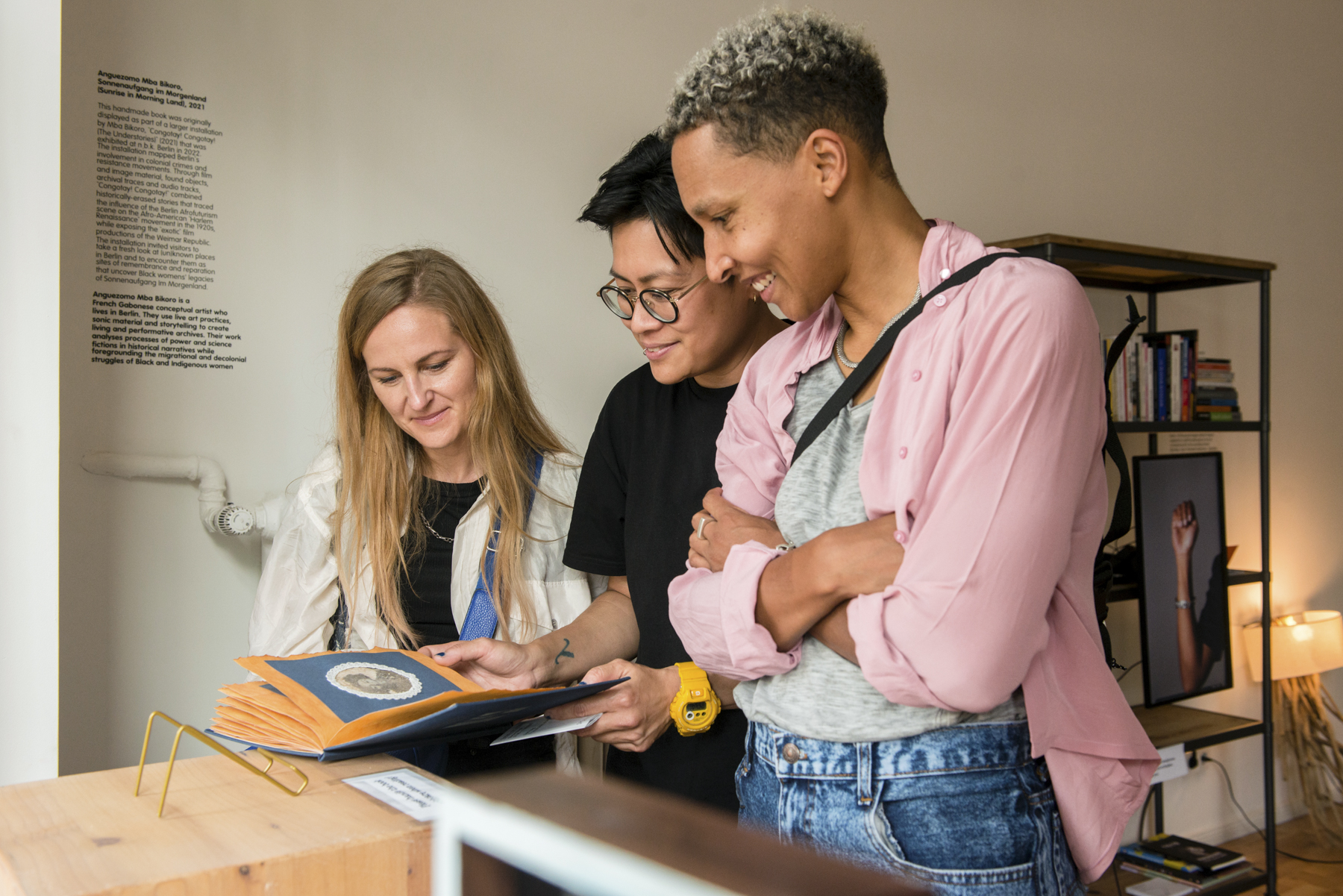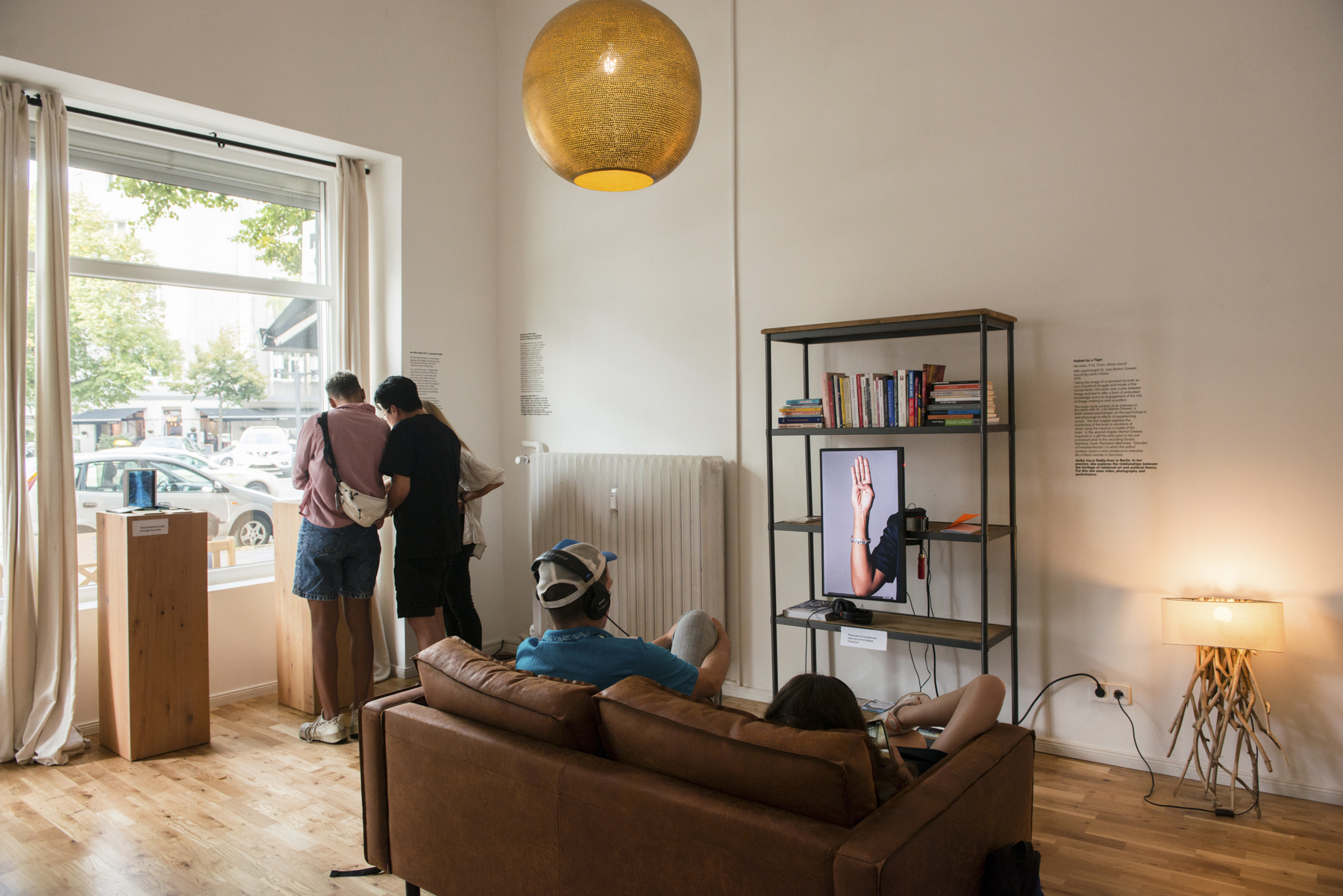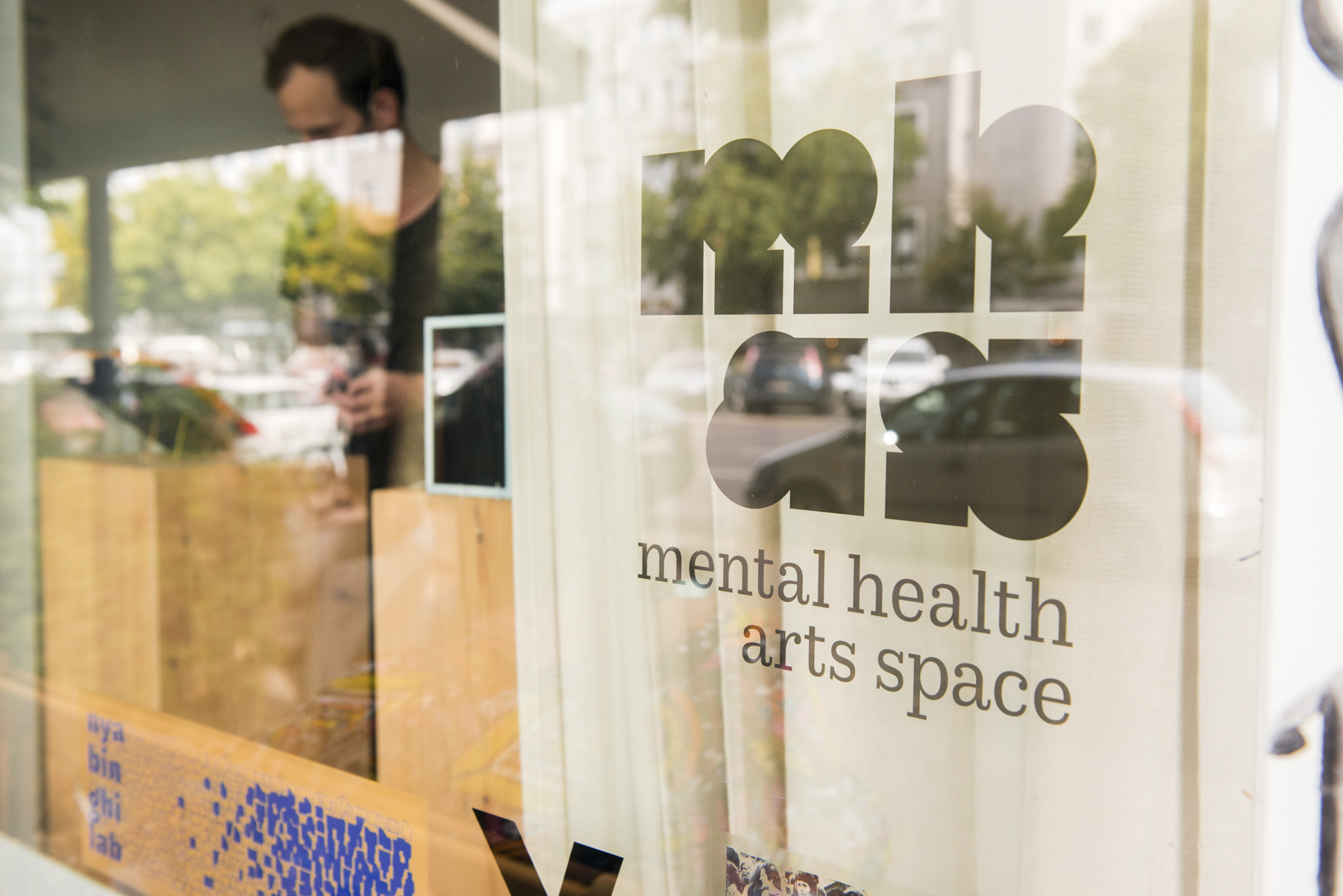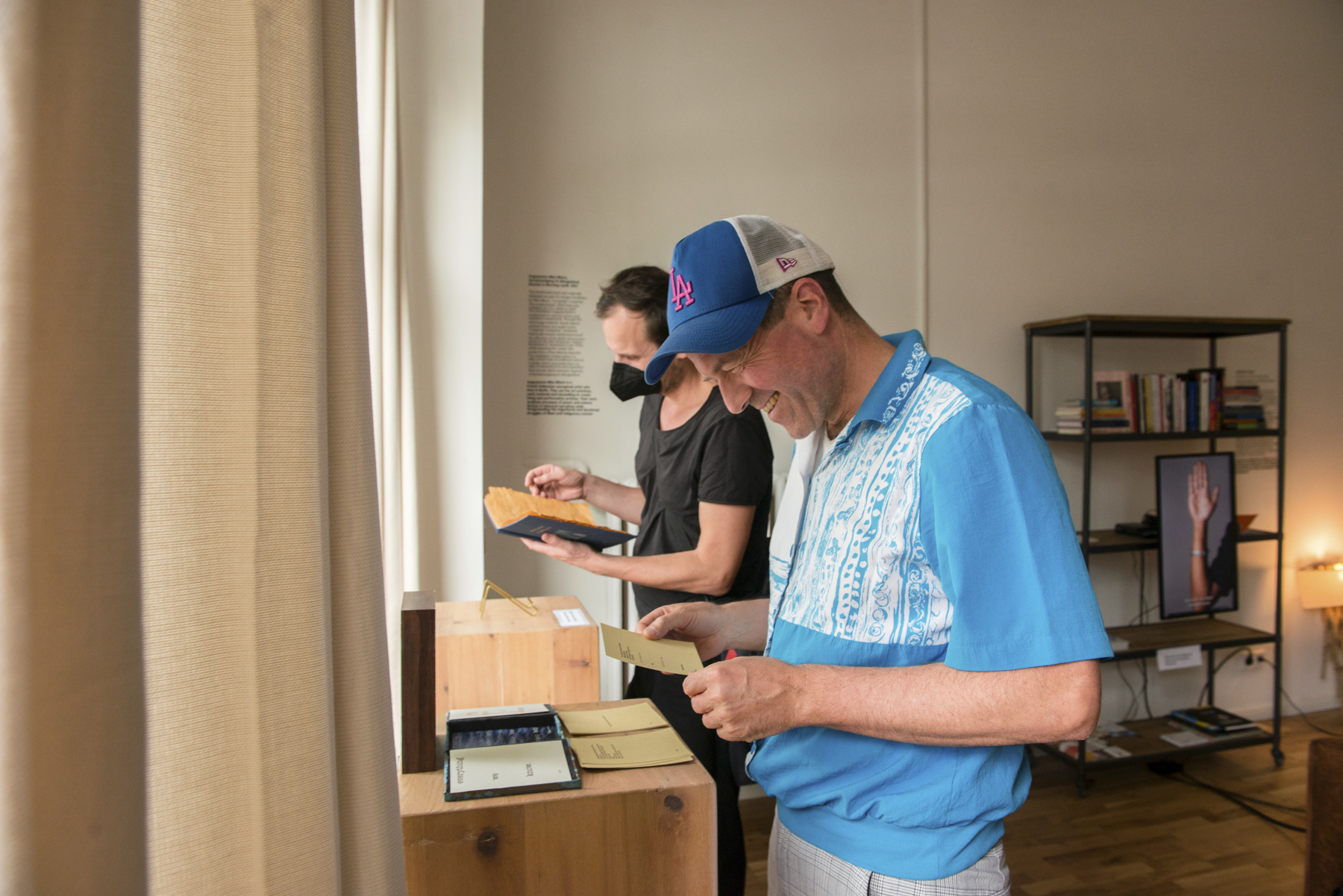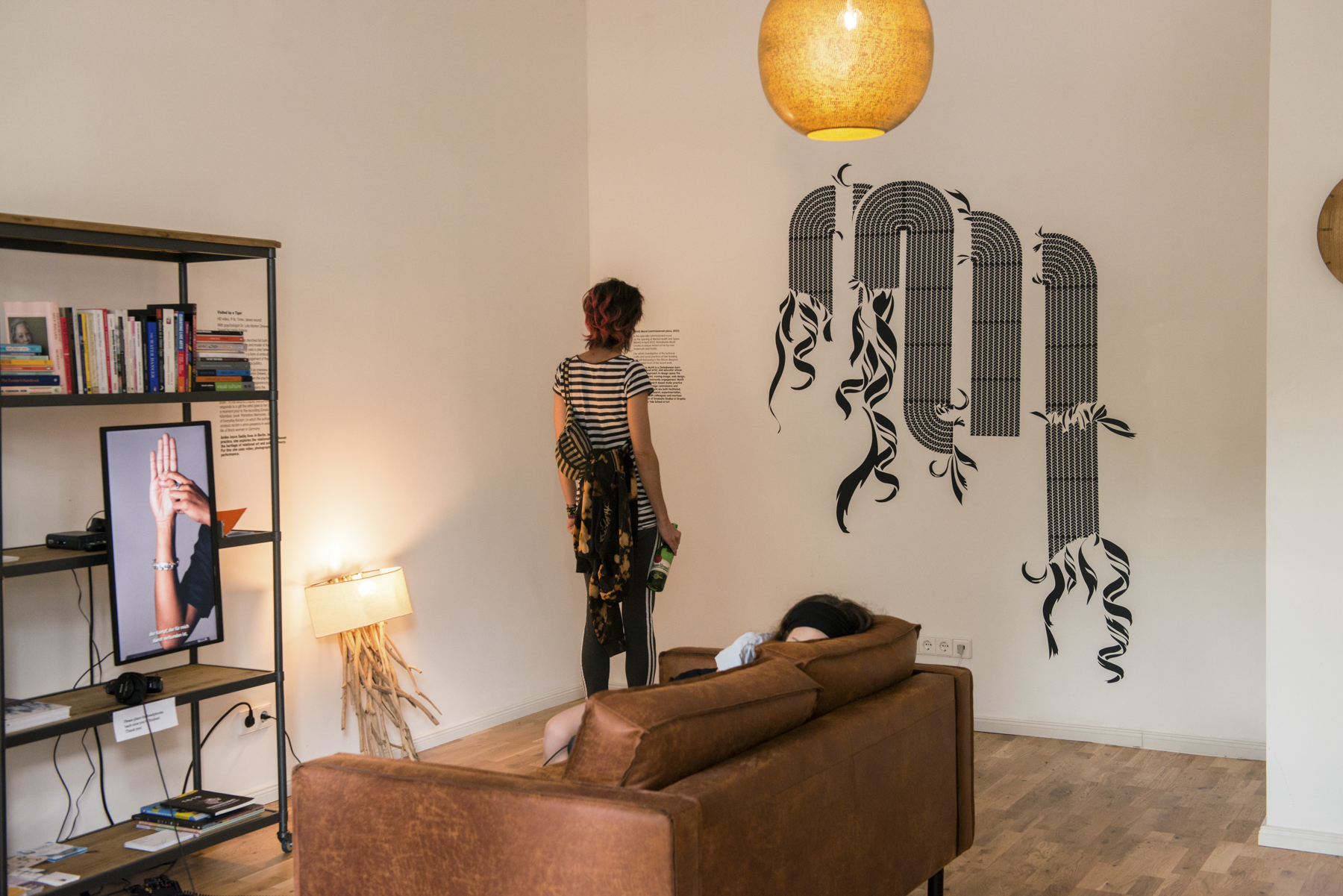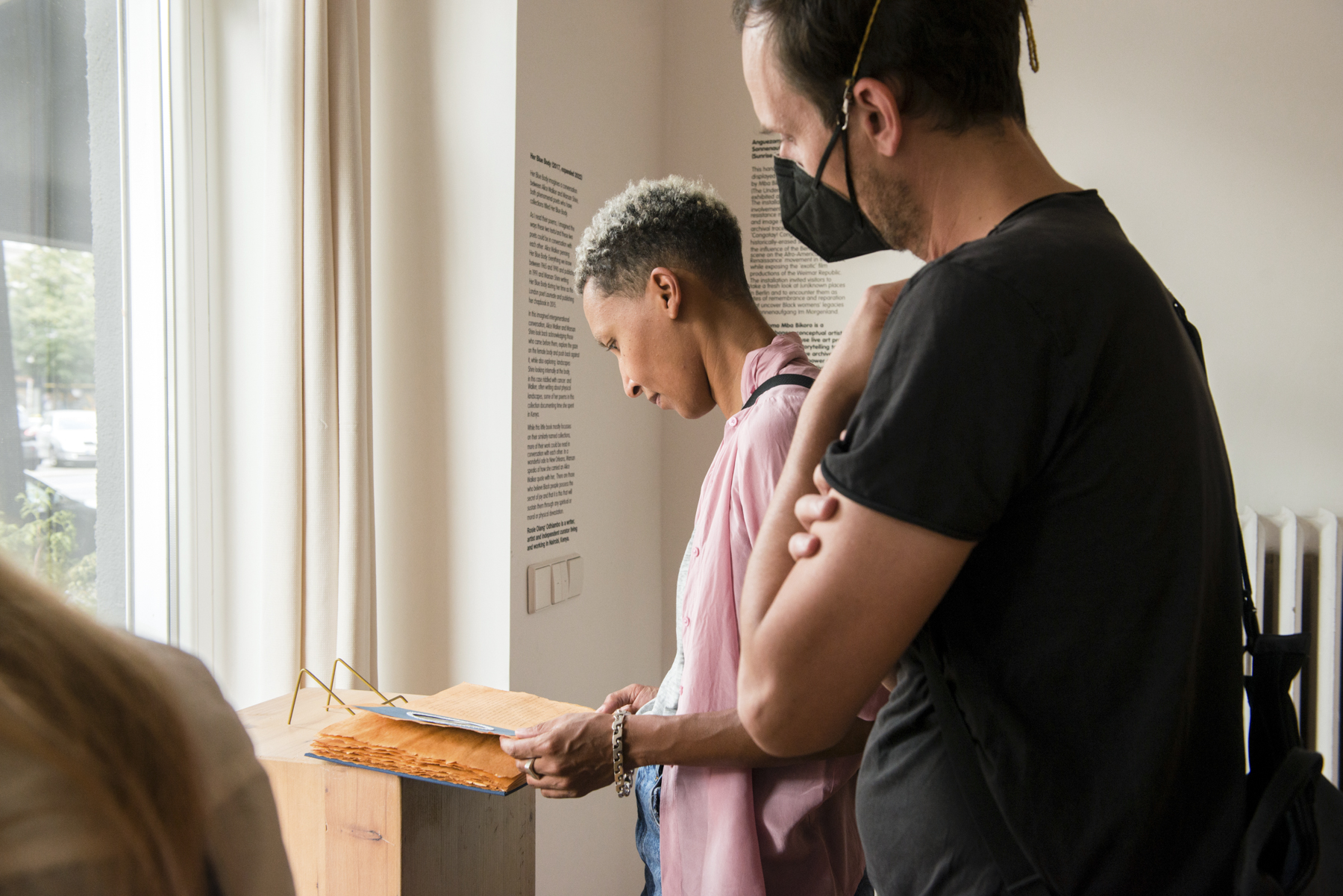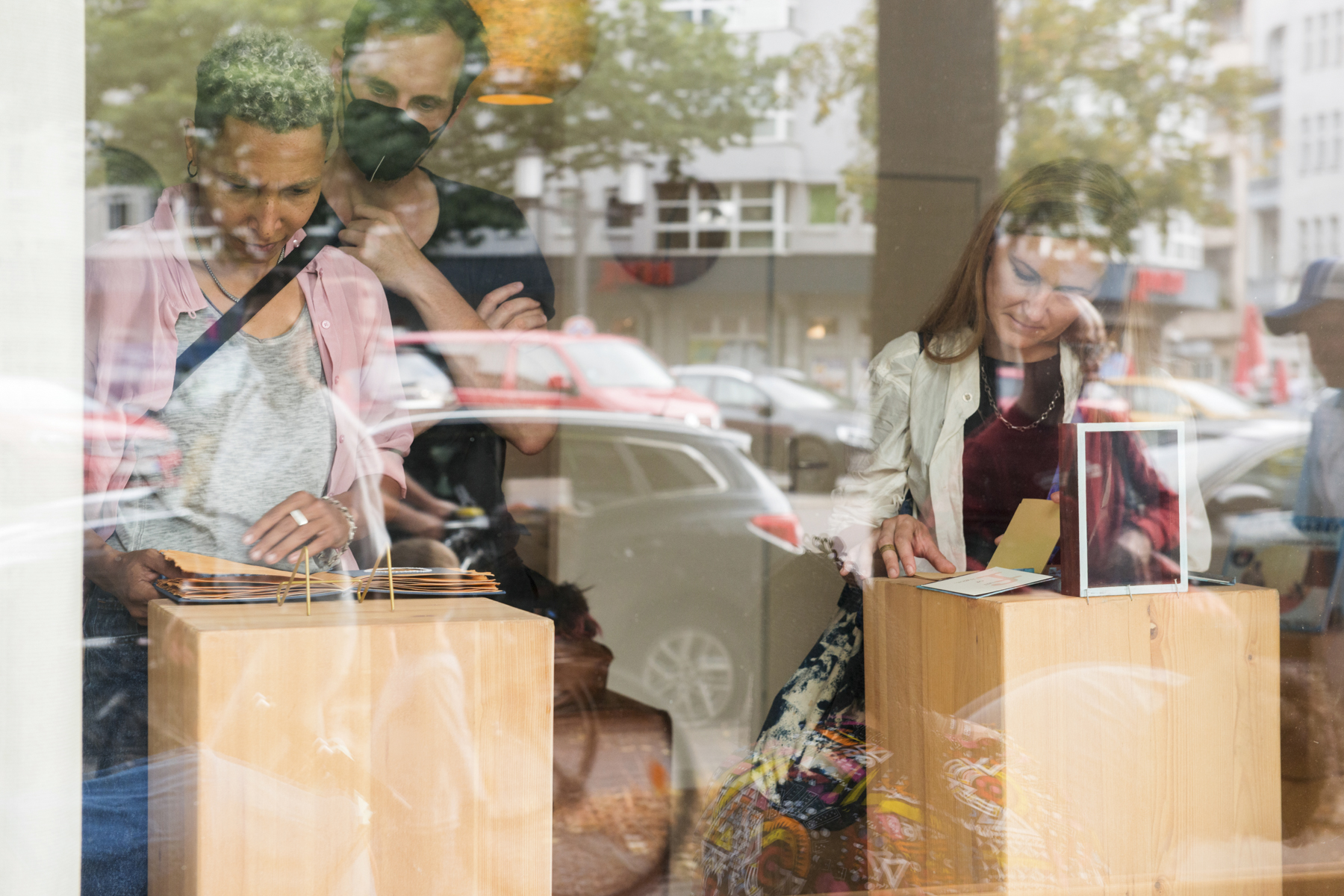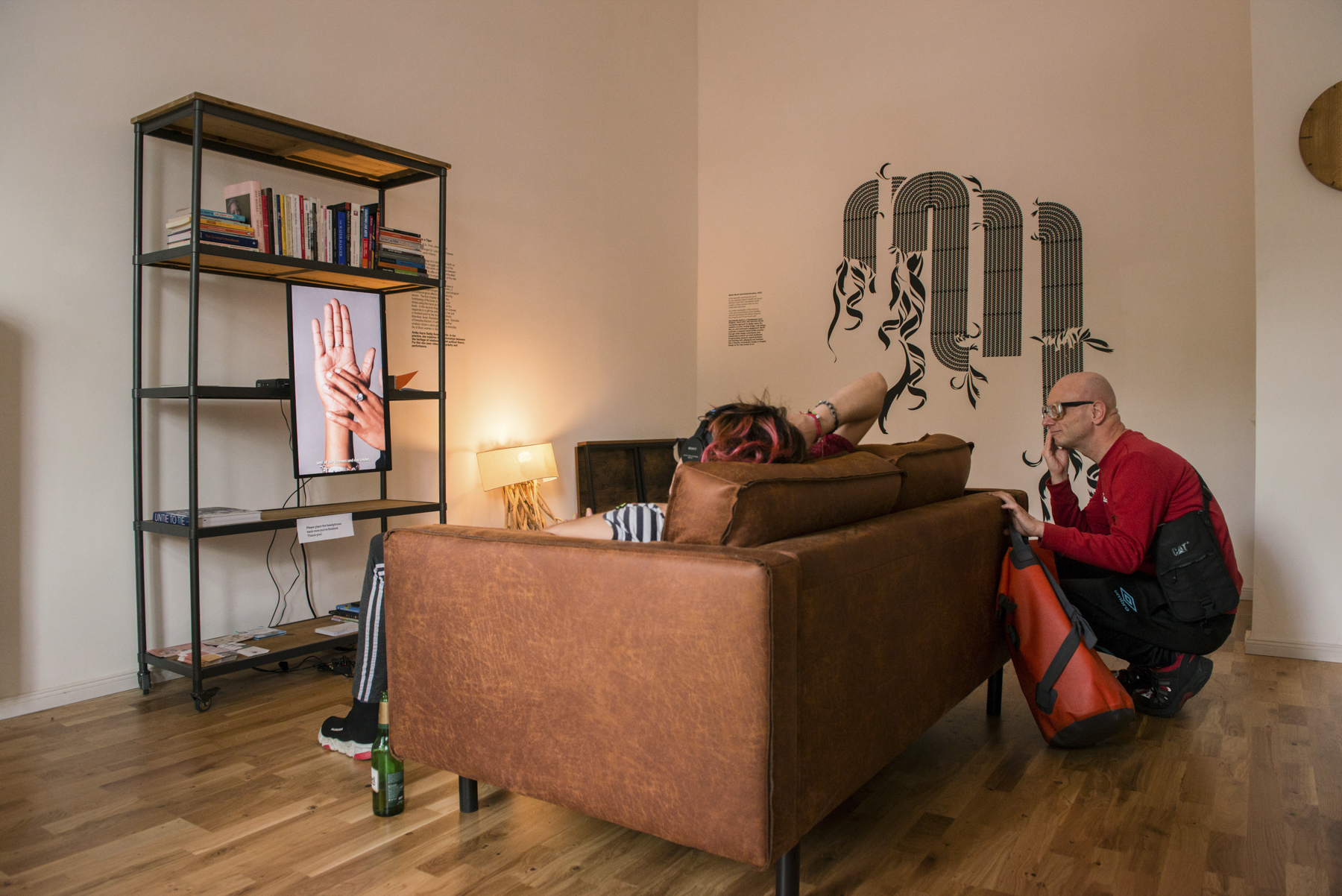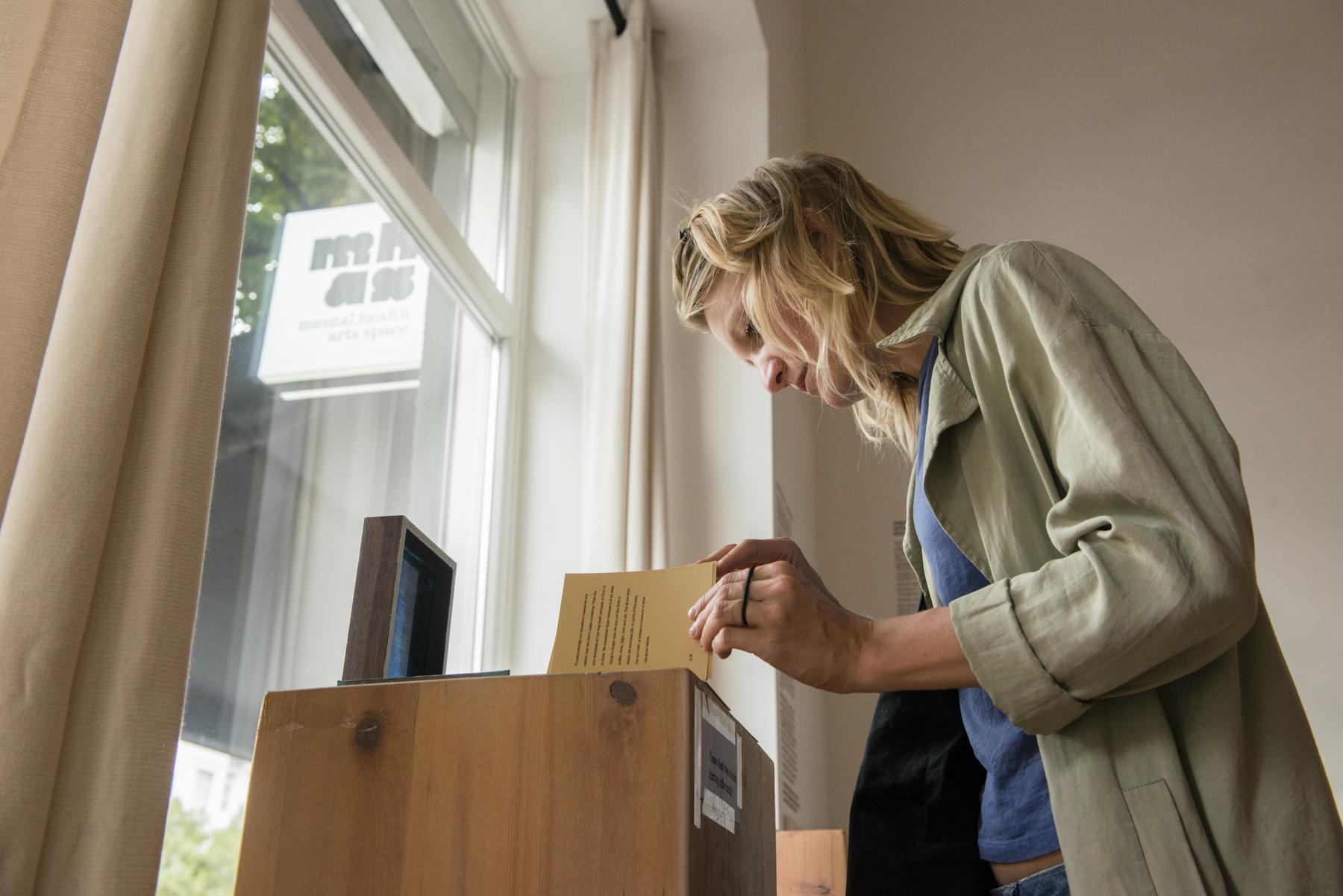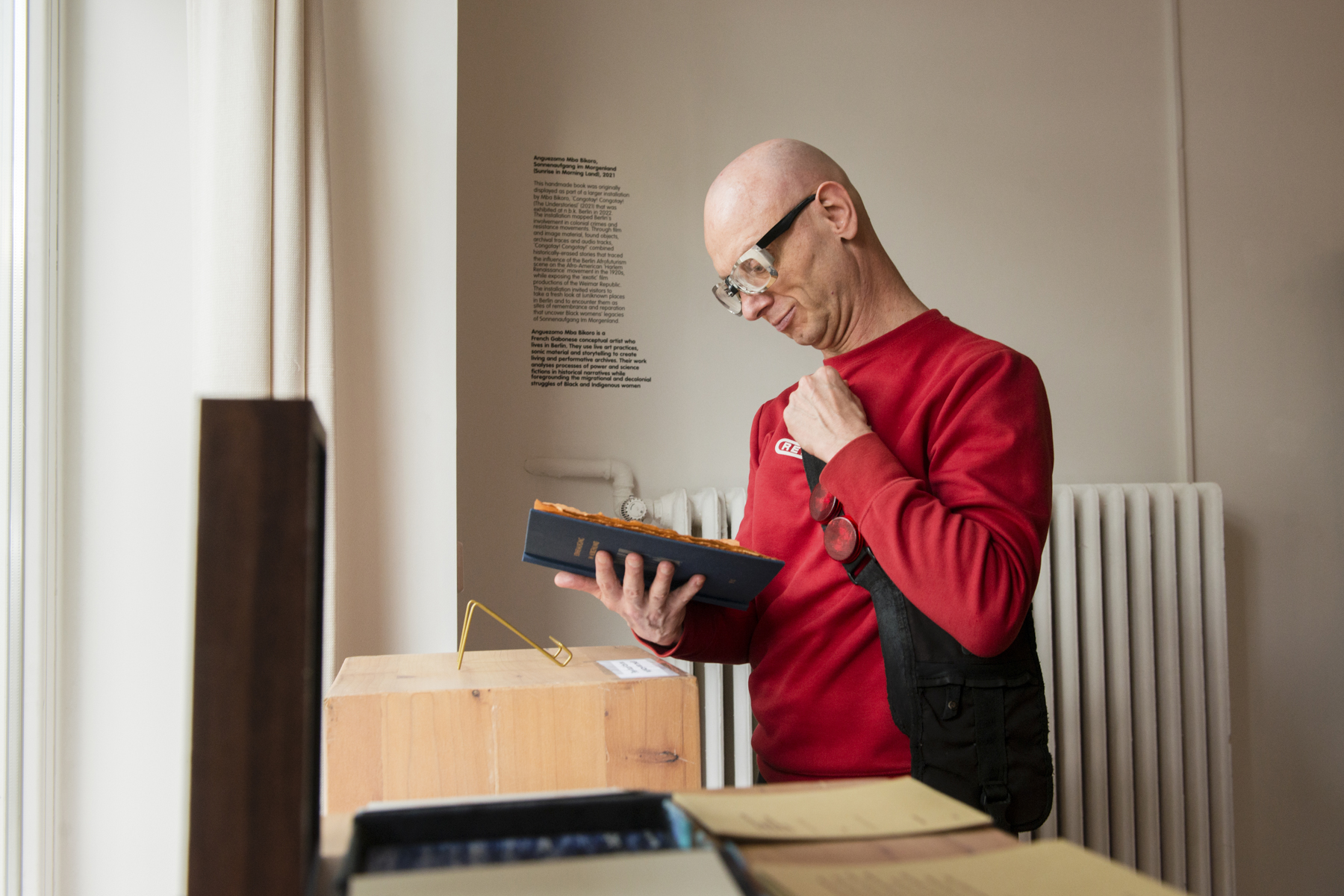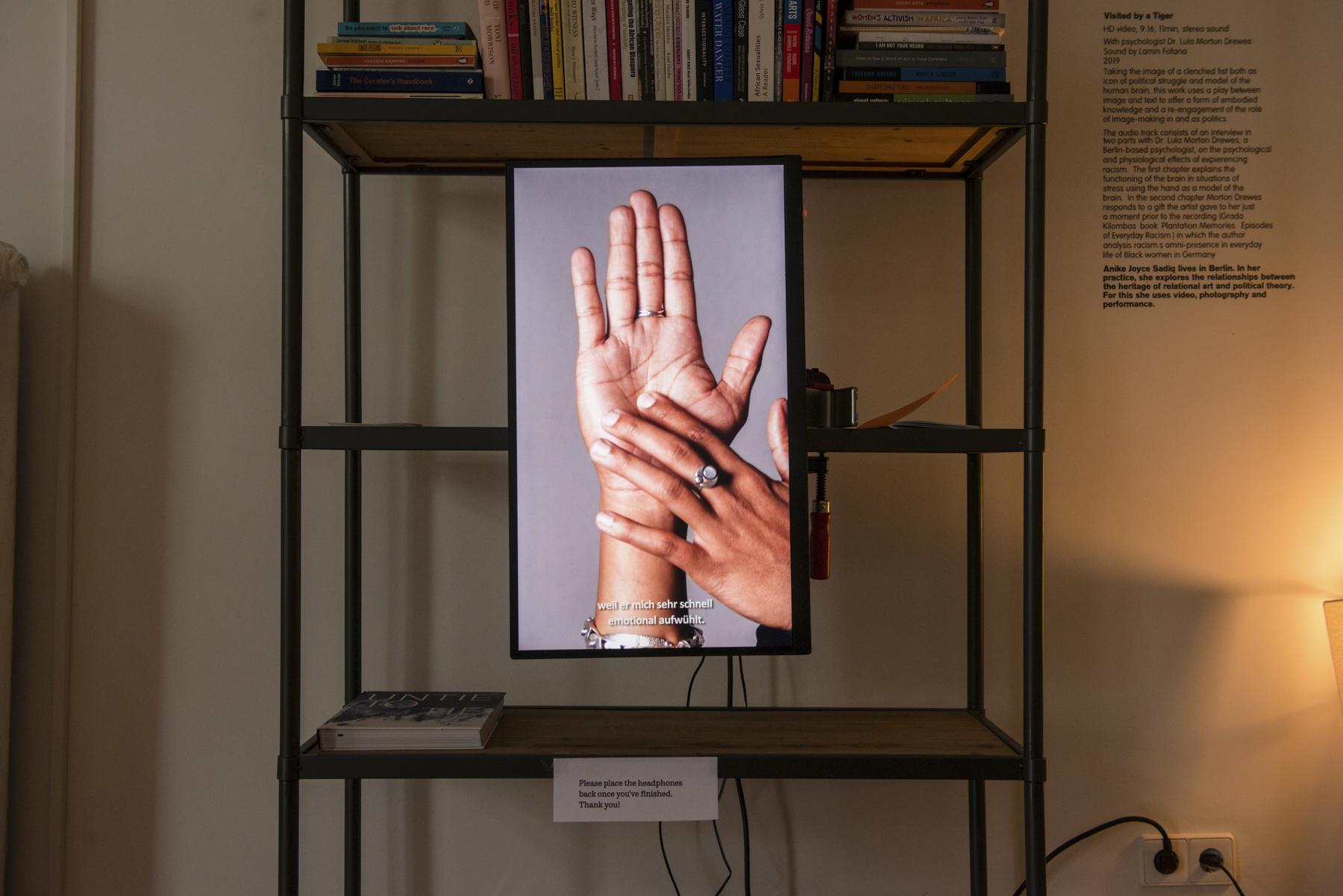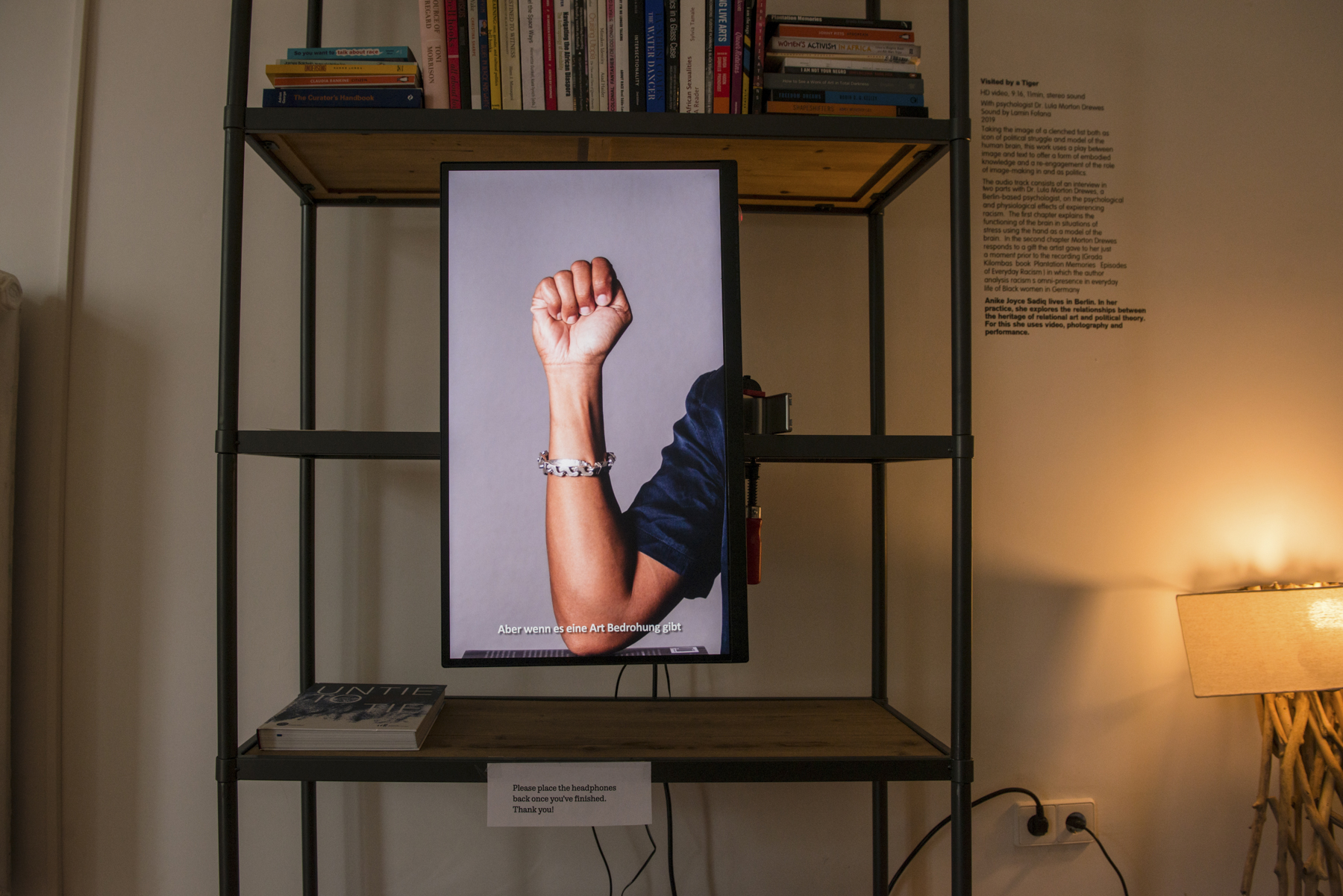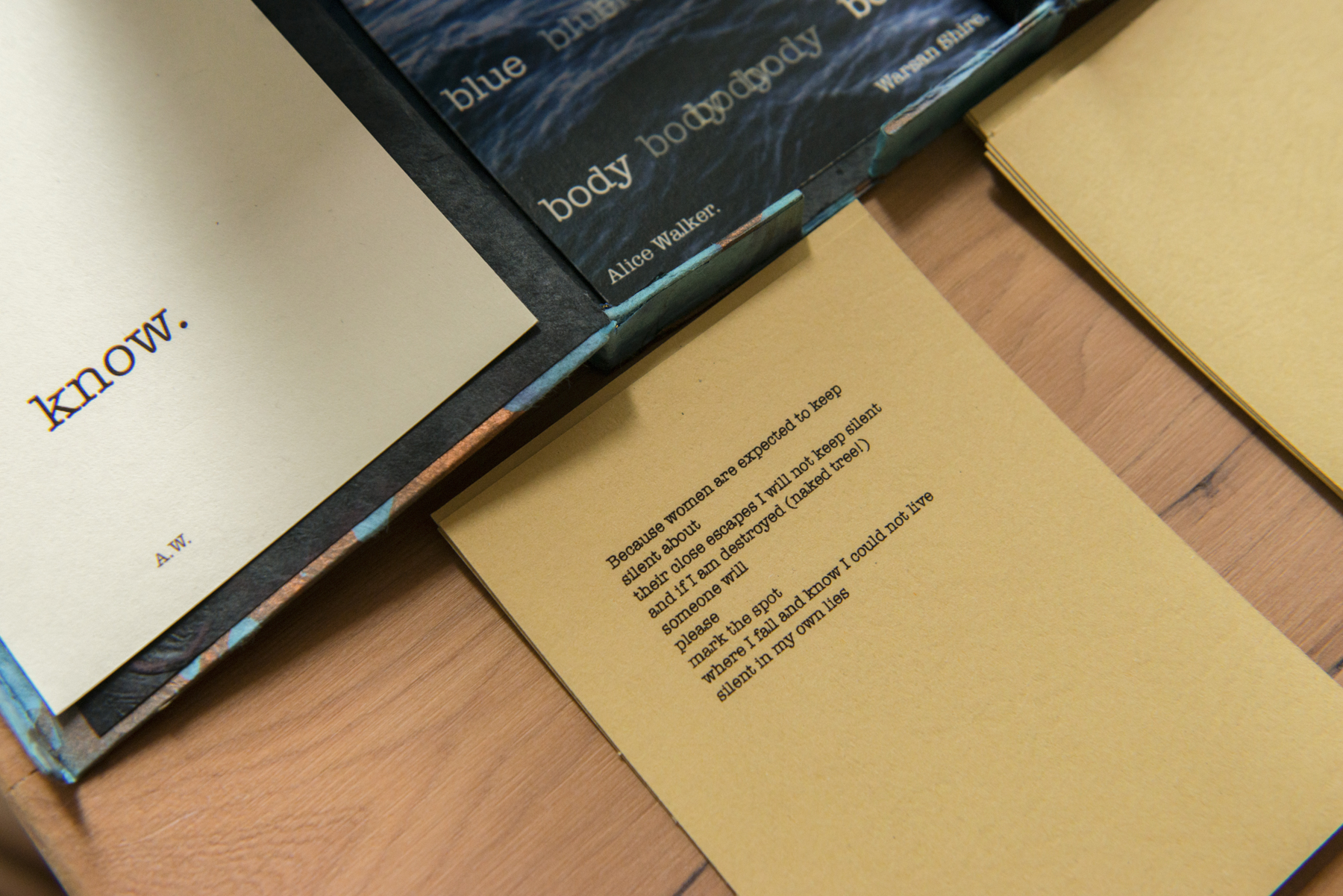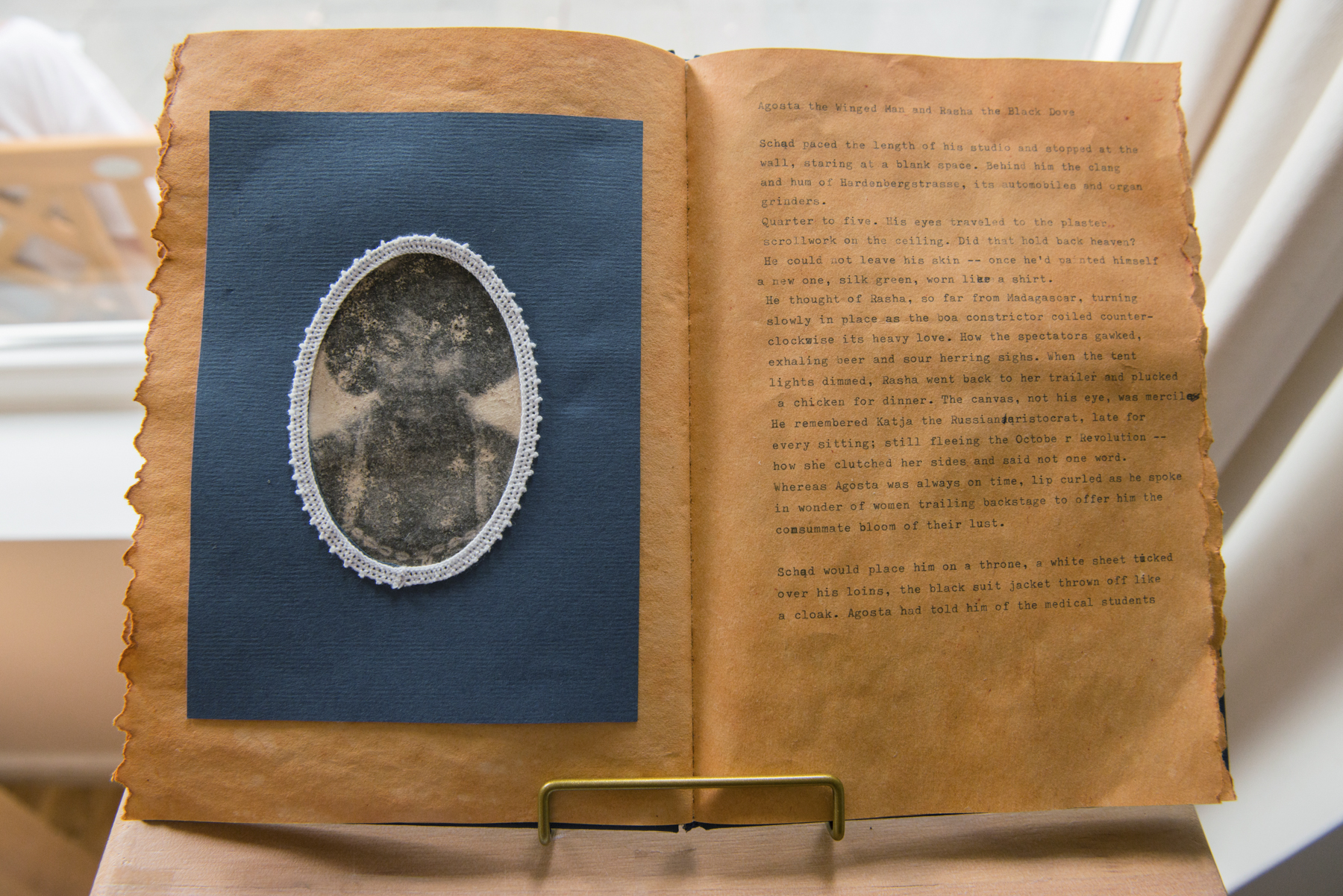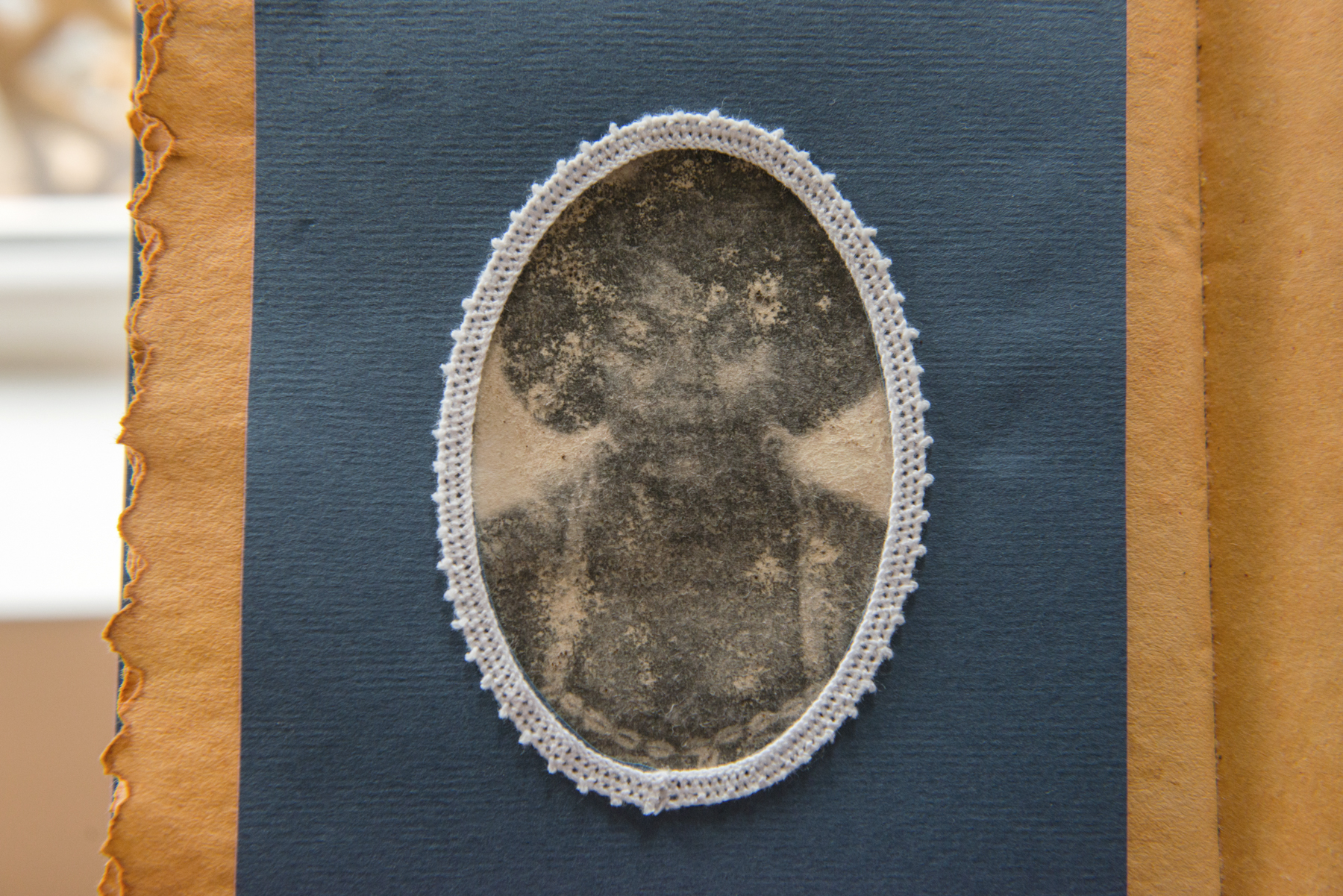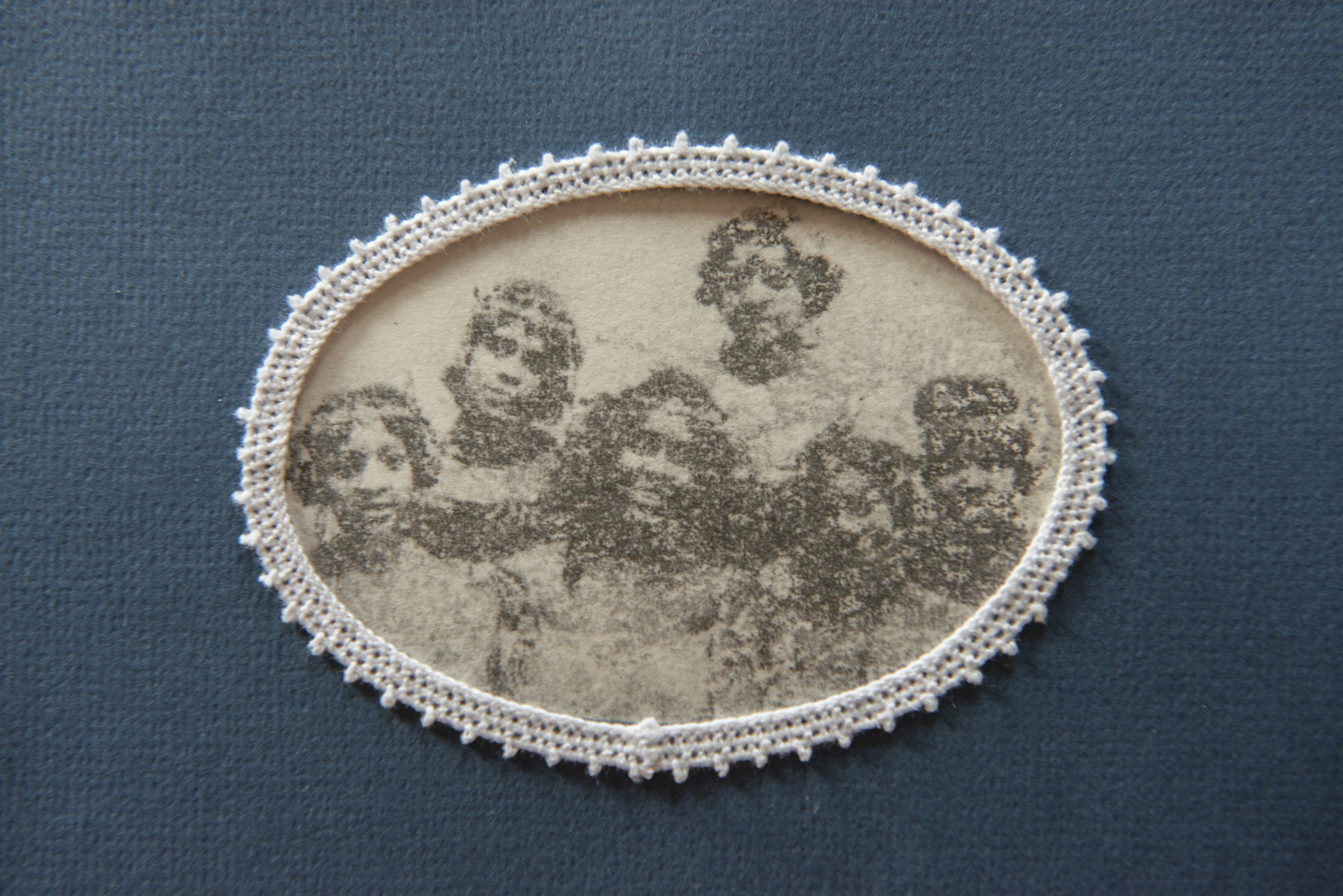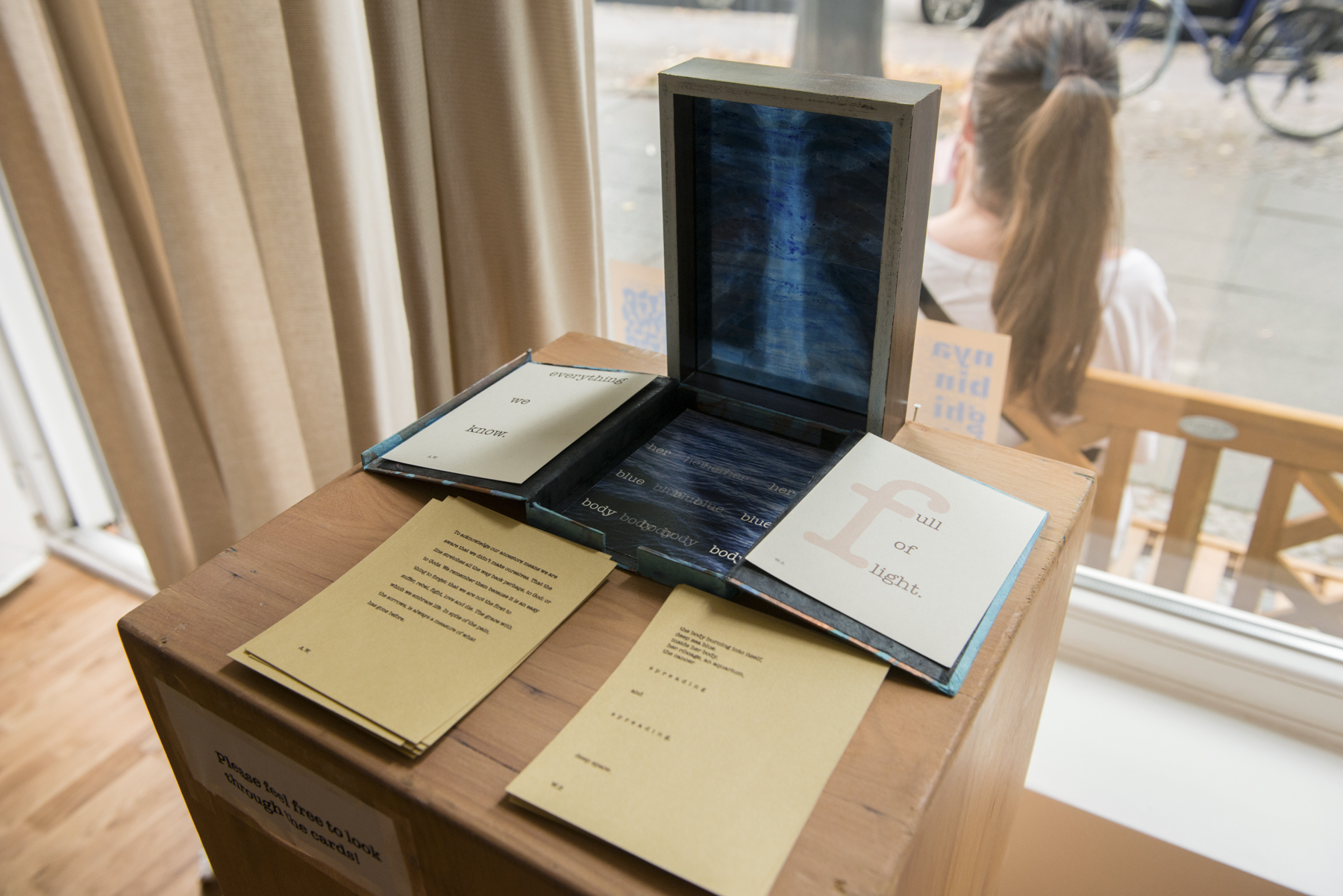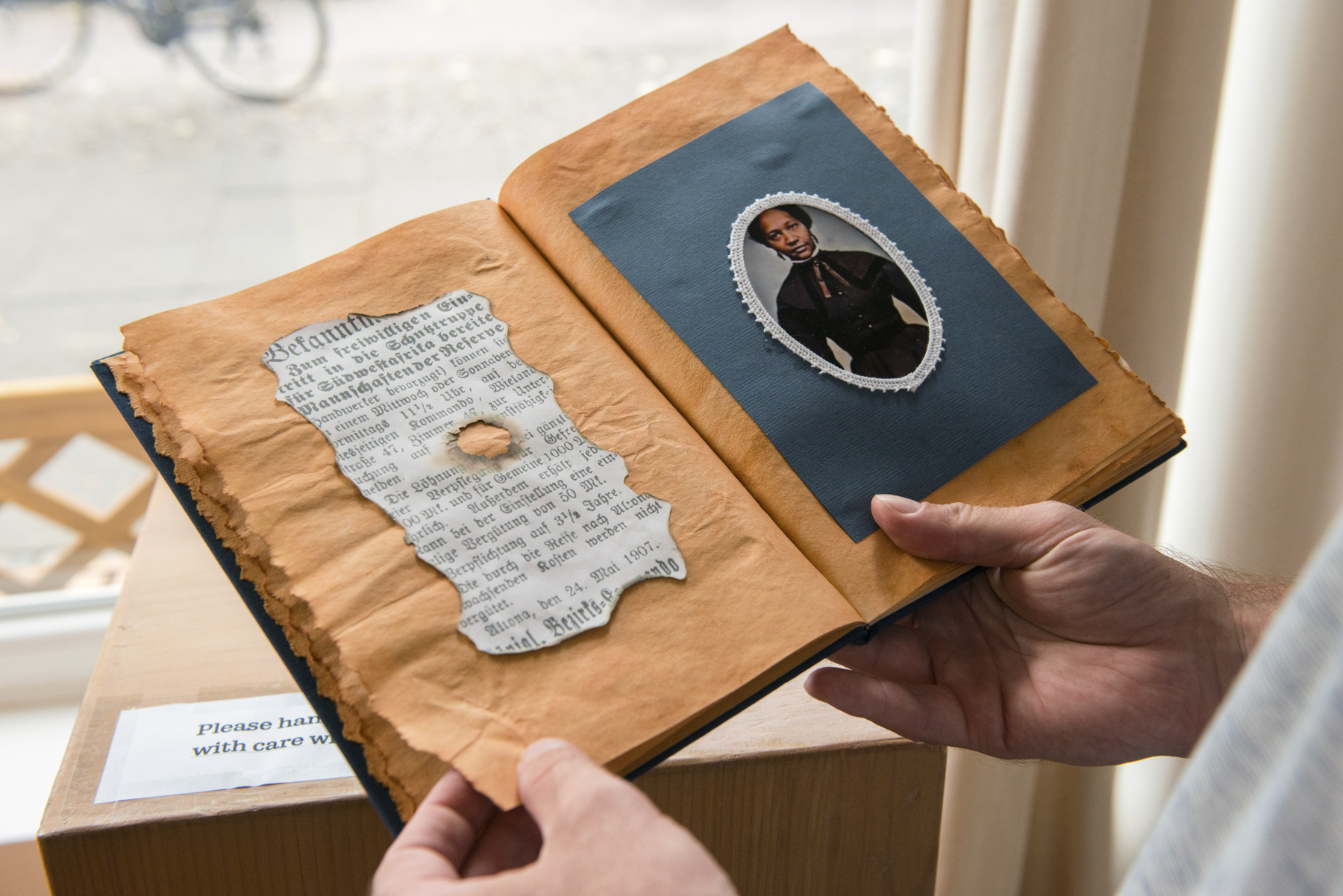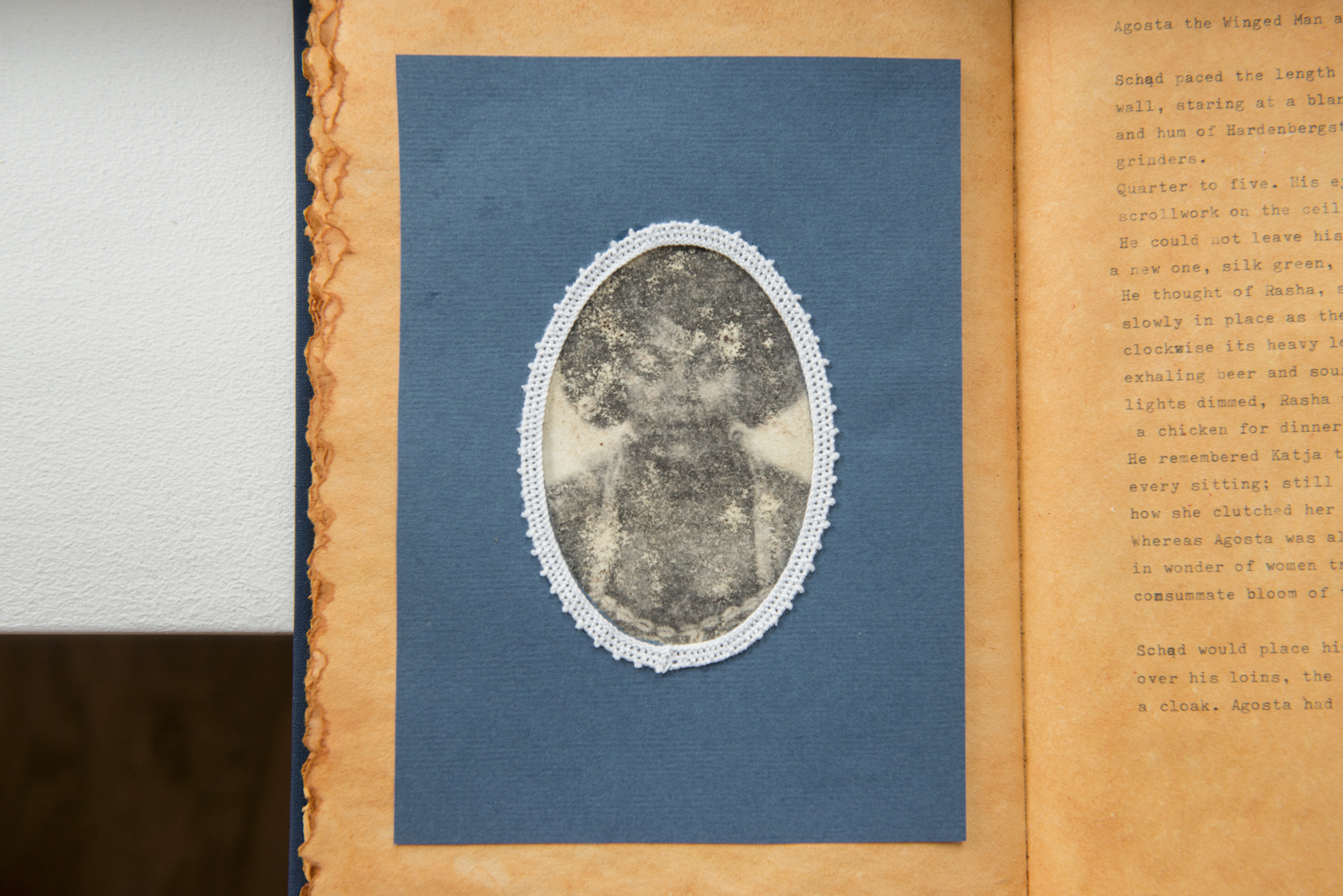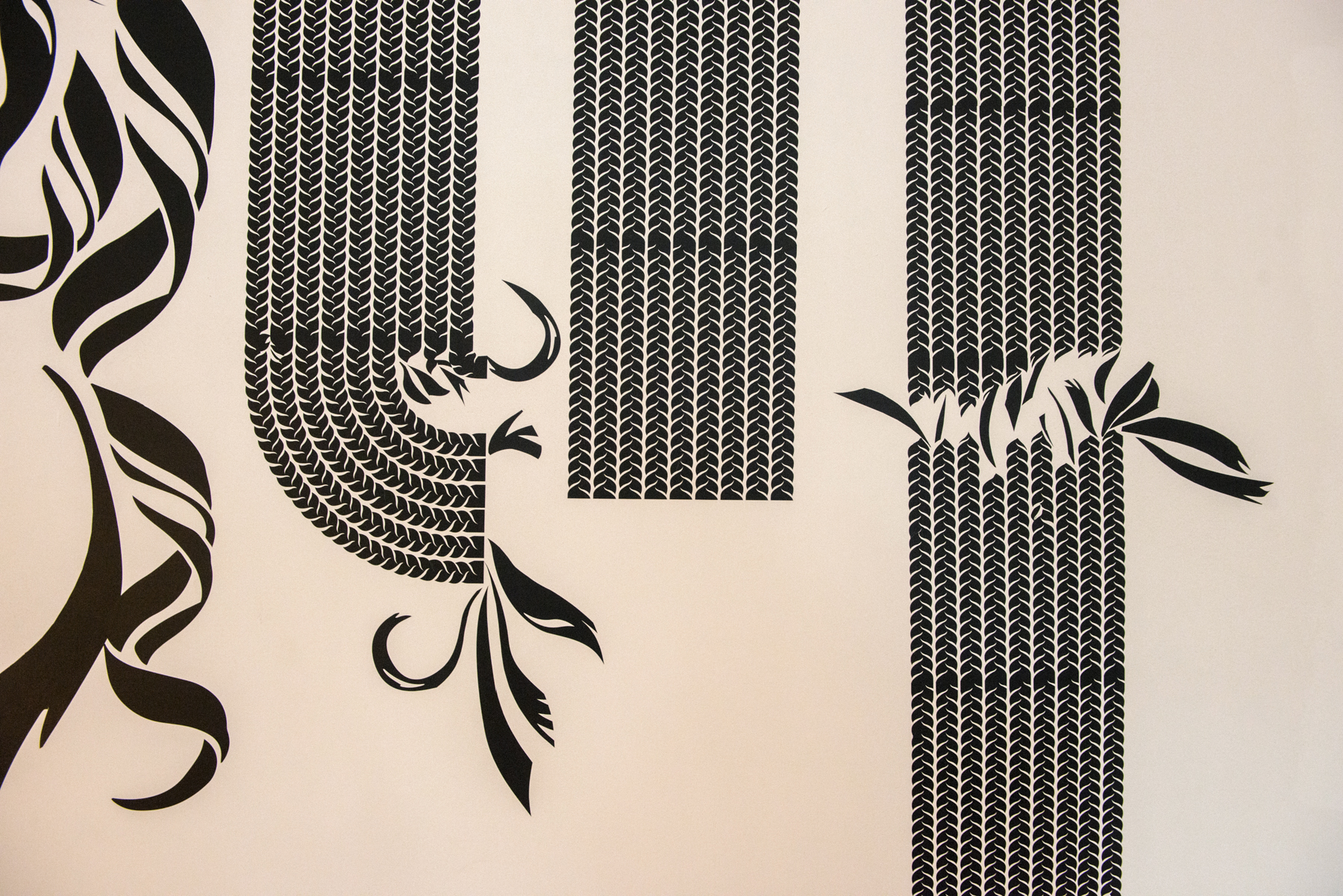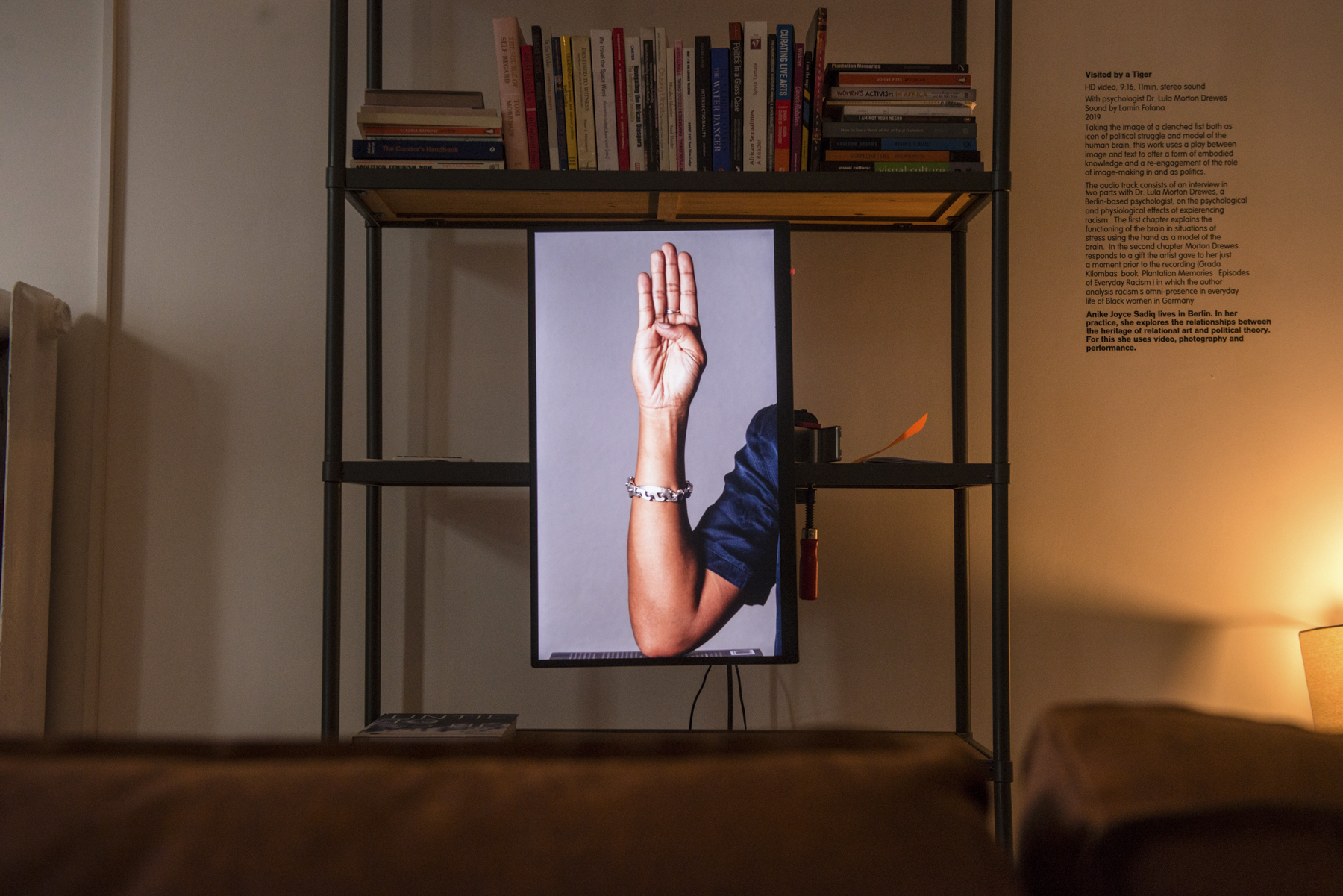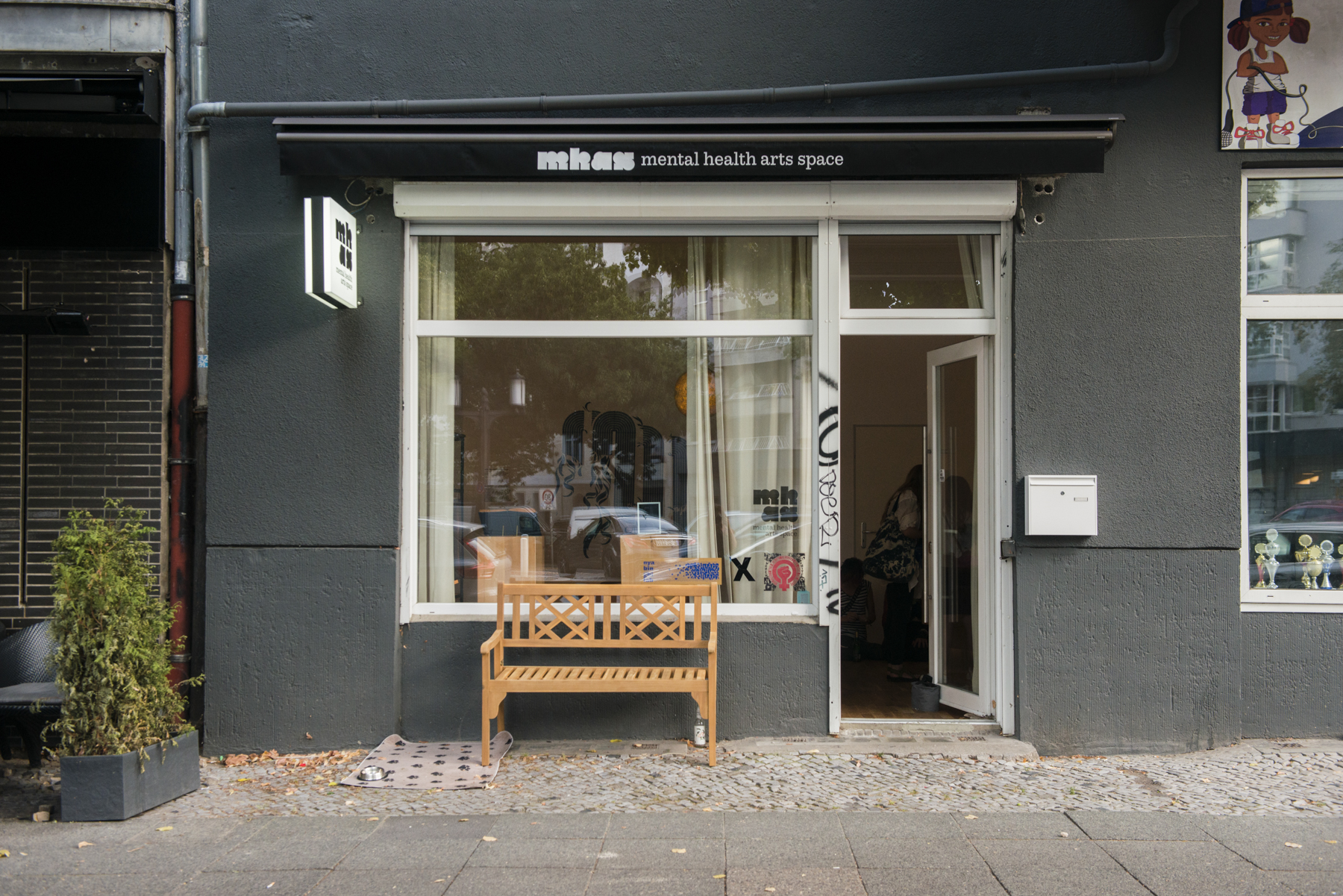Kaiserdamm 109
14057 Berlin-Charlottenburg
MHAS (Mental Health Arts Space) is an independent, non-profit, arts/project space that centers the importance of mental health. It aims to create a safer space of empowerment, mutual support and networking for artists, curators and cultural workers, especially those from BIPoC* (Black people, Indigenous people and People of Color) communities.
By centering mental health,awareness and mindfulness, the goal is to accessibly share strategies and resources with those affected by racism, transphobia, homophobia and other forms of discrimination.
MHAS is a nonprofit organization that focuses on the mental health, well-being, experiences, knowledge, stories, narratives, and archives of Black people, Indigenous people, People of Color, and other marginalized groups.
MHAS is a nonprofit organization that focuses on the mental health, well-being, experiences, knowledge, stories, narratives, and archives of Black people, Indigenous people, People of Color, and other marginalized groups.
The founder, owner and artistic director is Kathy-Ann Tan, an independent curator, writer and scholar whose practice is driven by the desire to create accessible, safer spaces of connection, (un-)learning, conversation, mutual support and empowerment.
MHAS Berlin is the result of years of conversation and exchange and was born out of the conviction that addressing mental health issues in arts and culture should be a priority, not a luxury.
“Caring for myself is not self-indulgence, it is self-preservation and that is an
act of political warfare.” - Audre Lorde
The Bluest Archive: Black Rememory and Resistance
This one-day exhibition of mixed media works by four African and African diasporic women artists – Nathalie Anguezomo Mba Bikoro, Anike Joyce Sadiq, Nontsikelelo Mutiti and Roseline Olang’ Odhiambo – revolves around the twin tropes of (re)memory and resistance. The title of the exhibition alludes to Toni Morrison’s novel The Bluest Eye, Alice Walker’s Her Blue Body Everything We Know: Earthling Poems, 1965-1990 and the 1918 “Blue Book” report that documented German genocide in South-west Africa.
By invoking the knowledge and lived experiences of Black women, the exhibition transforms the arts/ project space into a living archive for the duration of 24 hours. As visitors enter and exit the space, they are invited to dwell in the sounds, stories, texts and visual interventions that collectively offer a counter-narrative to ongoing realities of colonial extraction and violence. A closing series of meditative exercises by the curator, Kathy-Ann Tan, centers the importance of mindfulness and mental health. Designed specially for BIPoC (Black, Indigenous and People of Color) artists who continue to face tokenism, instrumentalization and extraction by arts and cultural institutions, this audio exercise empowers the listener while demanding accountability and sustainability from these institutions.
Notes on Accessibility and Infection Control :
Seating : On request for those with special needs/disabled persons
Age Groups : Suited for all ages
Wheelchair users | Strollers : The front door is 86.5cm wide, the space is on the ground floor and wheelchair accessible otherwise.
Neurodiversity : Everyone is welcomed to be in the space according to their own pace.
Disinfectants are available. Masks are mandatory.
